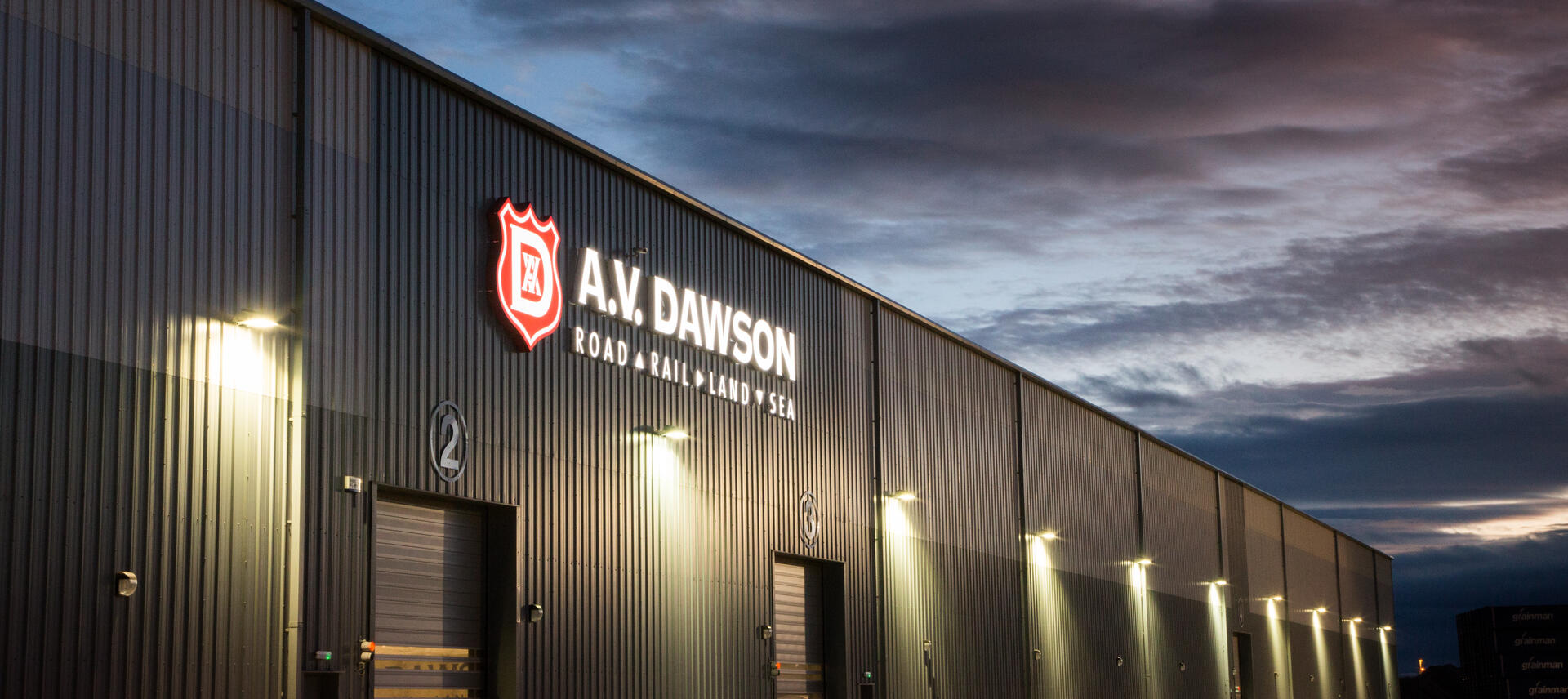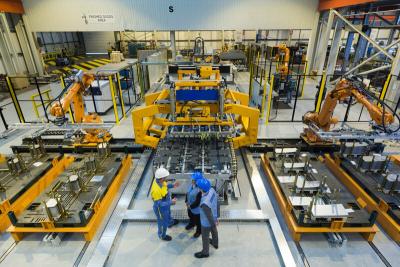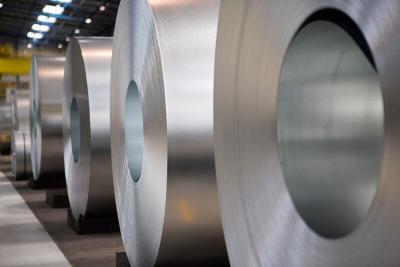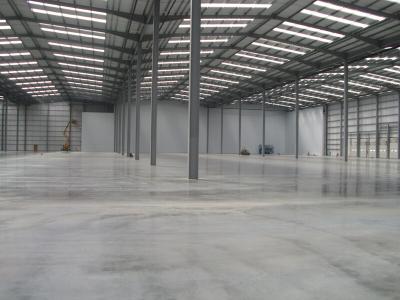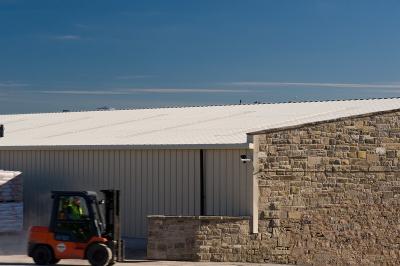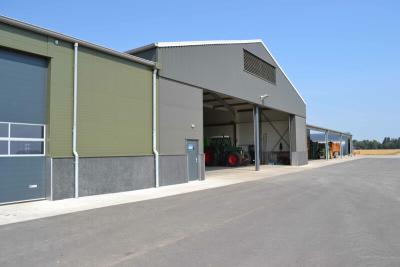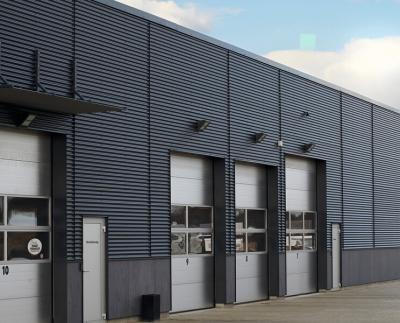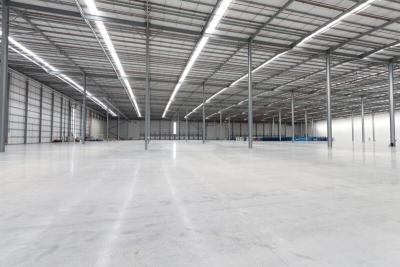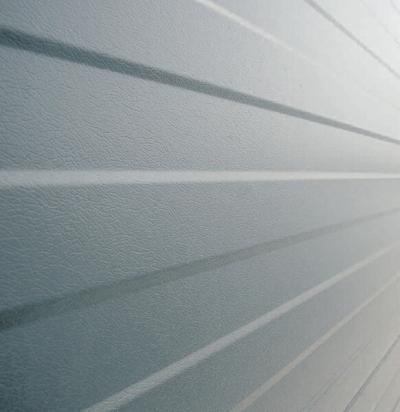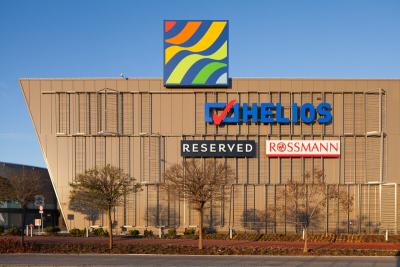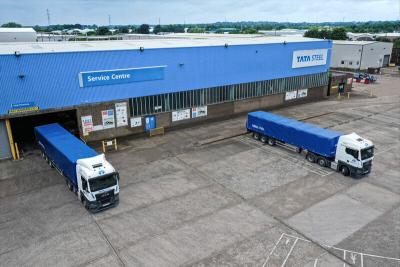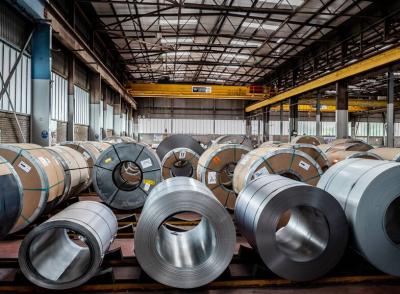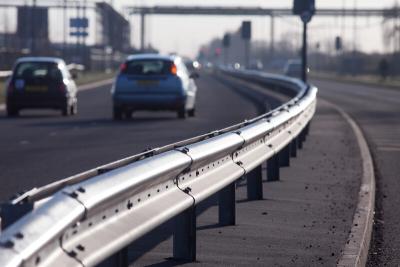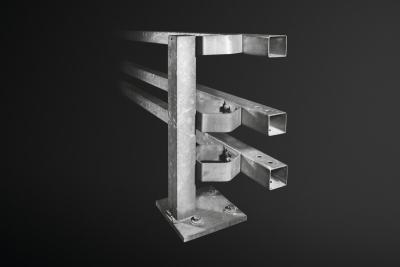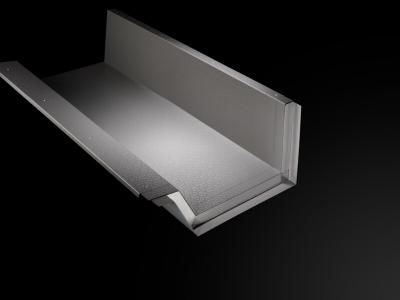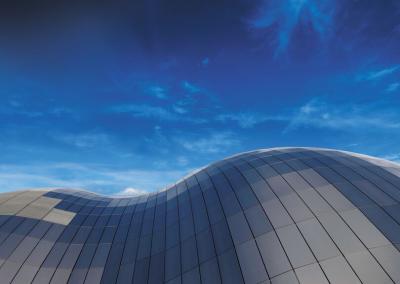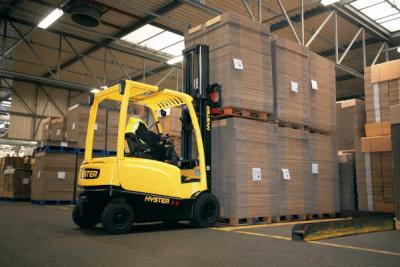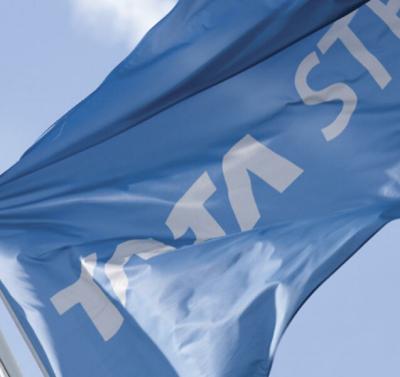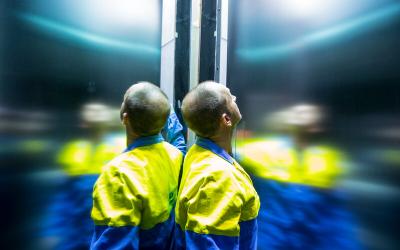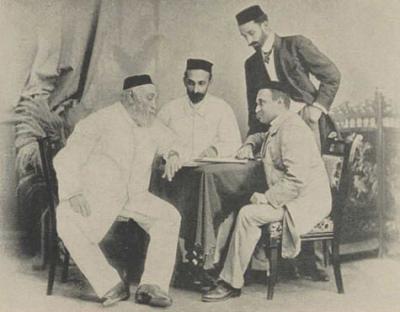Client: Sustainable Aviation Fuels Innovation Centre (SAF-IC)
Roofing contractor: Ashford Cladding Systems Limited
Products: Trisomet® Roof steel insulated panels, Trisobuild® Wall steel insultated panels, Colorcoat HPS200 Ultra® Anthracite, Light Grey and Liner Bright White
Year: 2021
Location: Sheffield
The Sustainable Aviation Fuels Innovation Centre (SAF-IC) building has been enveloped in steel made in Port Talbot and manufactured in Shotton.
The Centre is a first-of-its-kind in the UK, where the development, testing and certification of new sustainable aviation fuel will be carried out to help reduce the carbon emissions associated with flying.
A result of a partnership between Boeing and The University of Sheffield, the building forms part of the University’s Translational Energy Research Centre.
Image credit: Images courtesy of The Translational Energy Research Centre.

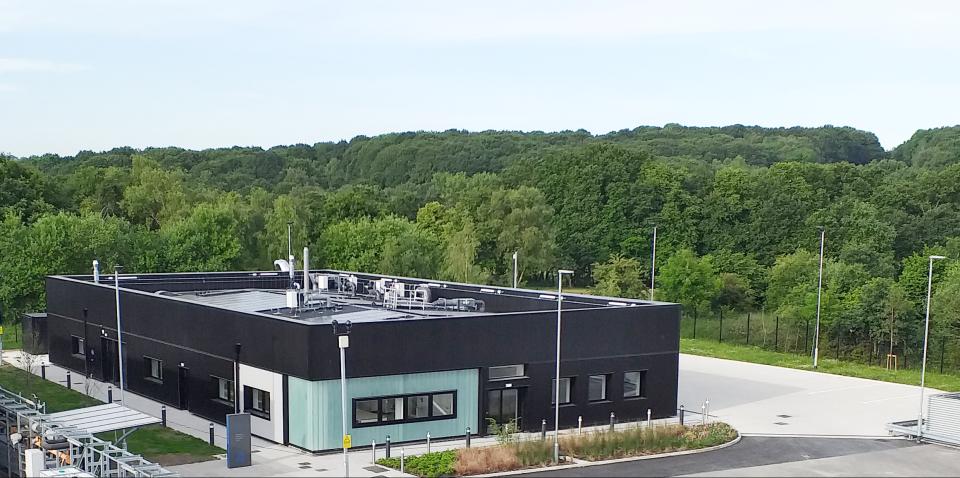
One of the key challenges was speed of construction, with the importance of sustainability in our current world it was key that the facility was up and running as soon as possible to help identify new and innovative ways of reducing carbon emissions from aircraft which is vital to helping reduce the UK’s carbon emissions.
Making sustainable aviation fuels a viable commercial option for the aviation sector could reduce UK emissions by 2050 by 32%.
Due to the potential hazardous nature of working with fuels the importance of fire safety also played a key part of the specification of the construction of the building.
The aesthetics was also a key consideration with the use of various colours being used to provide an eye catching modern facility.
Image credit: Images courtesy of The Translational Energy Research Centre.
800m2 of Trisomet Roof insulated panels were utilised as a key part of the construction. As a one-fix component its consistency enables speed of installation and with a wide spaced trapezoidal steel external skin provides optimum performance for water drainage, strength and walkability.
Trisomet® carries Grade EXT-B and EXT-A approval by the LPCB. Also achieves fire resistance performance of up to 4 hours integrity and 30 mins insulation dependant on panel thickness. These are attained using standard fixing and sealing methods (external side-lap stitched at maximum 300mm centres).
The panel achieves a Broof (t4) performance for the external surface spread of flame and fire penetration on a roof in accordance with BS EN 13501-5. The internal surface of the panel also complies with a Class B s2 d0 rating in accordance with BS EN 13501-1. Following rigorous structural and fire performance testing with FM Global, Trisomet® panels have achieved FM Approvals certification to 4471: Class 1 Panel roofs, 4480: Class 1 Insulated wall and ceiling panels, 4481: Class 1 Exterior wall systems (unlimited height) - all highly stringent standards.
Specifying and installing FM Approved products provides assurance that the products have been objectively tested and conform to the highest international standards. FM Approved roof and wall panel’s means you can be confident that your building envelope will withstand a broad range of fire risks and be safe throughout its lifecycle.
500m2 of Trisobuild Wall insulated panels were also used, both systems also carry Loss Prevention Certification Board (LPCB) approval to LPS 1181 part 1 for fire performance, helps to lower insurance premiums.
The use of Colorcoat HPS200 Ultra® in black provided the facility with an attractive, modern design and feel. Colorcoat HPS200 Ultra® gives long-term performance with the Confidex® Guarantee and providing peace of mind for up to 40 years.
Image credit: Images courtesy of The Translational Energy Research Centre.

EN-Construction-Contact-BSUK envelope
Building Systems UK technical team - Building Envelope
